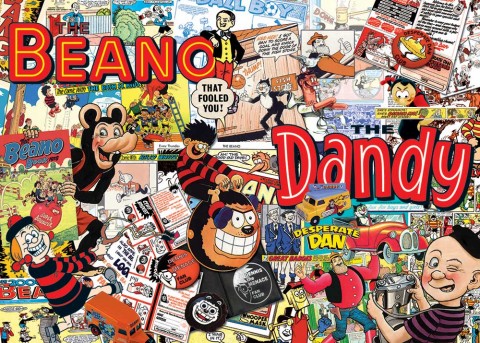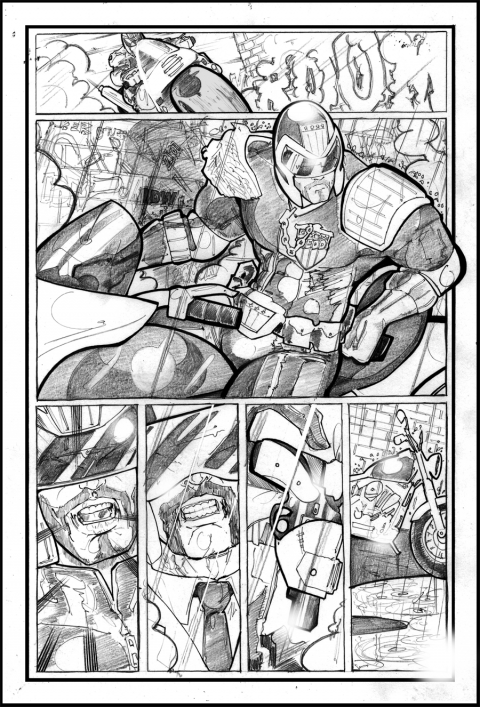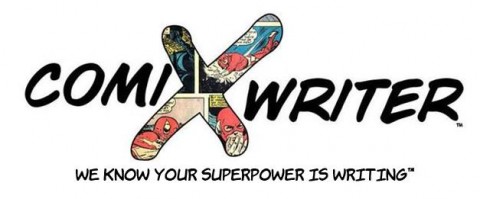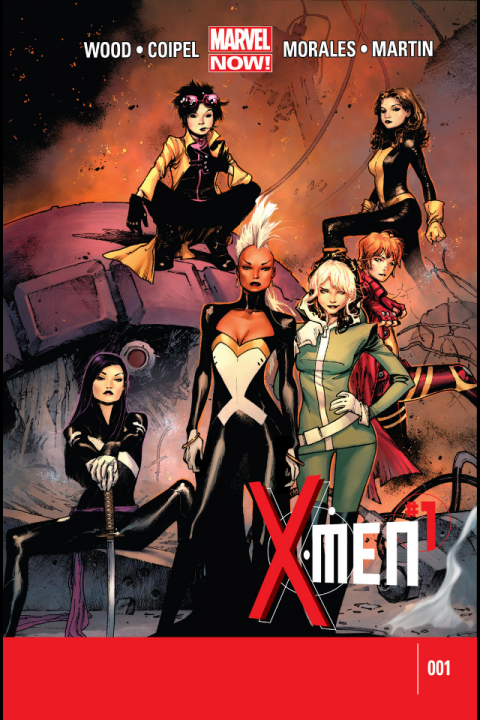“The Dandy launches sound and motion digital comic to celebrate 75 years in the biz”… and stops printing books on actual paper all together.
On December 4th 1937, DC Thomson began publishing the most successful comic in Britain.
To this day, it seems the dwindling and dishevelled Dandy is attempting to push the boundaries of the comics landscape by launching a new ‘sound and motion’ digital comic, set to replace the print line completely. The final book is on sale now and may be highly collectible as it’s — correct me if I’m wrong — the first printed comic to concede wholly to the digital model and disappear from the newsagent forever more.
Honestly speaking, I hate the Dandy. It’s basically rubbish and always was. I’m quite sure (in its day) the characters and child-friendly stories meant something… to someone, and to be successful for 3 quarters of a century in any industry deserves due credit. Clearly, not everyone hated it, to the contrary in fact. Just me maybe?
The Dandy will live on, but ONLY in the digitalverse and at the complete and total expense of the printed book.
There’s a nice piece about it on the BBC News site here:
An interesting question is… does this show us where all comics are headed in the future?
Will the act of ‘collecting’ soon only be applied to books that were printed on real paper “in the old days” before everything went digital? How collectible would the last printed DC or Marvel book be?
And do we get a say in this?
Should the local comic book shop be planning for an industry wide shift toward digital any time soon?
Does the local shop need to set up a digital branch? Accessible only through the wireless connection in-store? The digital lovers could then come to the store with their mobile device and download their books in a nicely nerdy setting, sharing their purchases with the other digital customers in person. You’d obviously need some kind of incentive for the digital customers to make the trip to the brick and mortar store simply to download. Maybe the community aspect is incentive enough?
Or maybe the printed books will live forever? Who knows.




